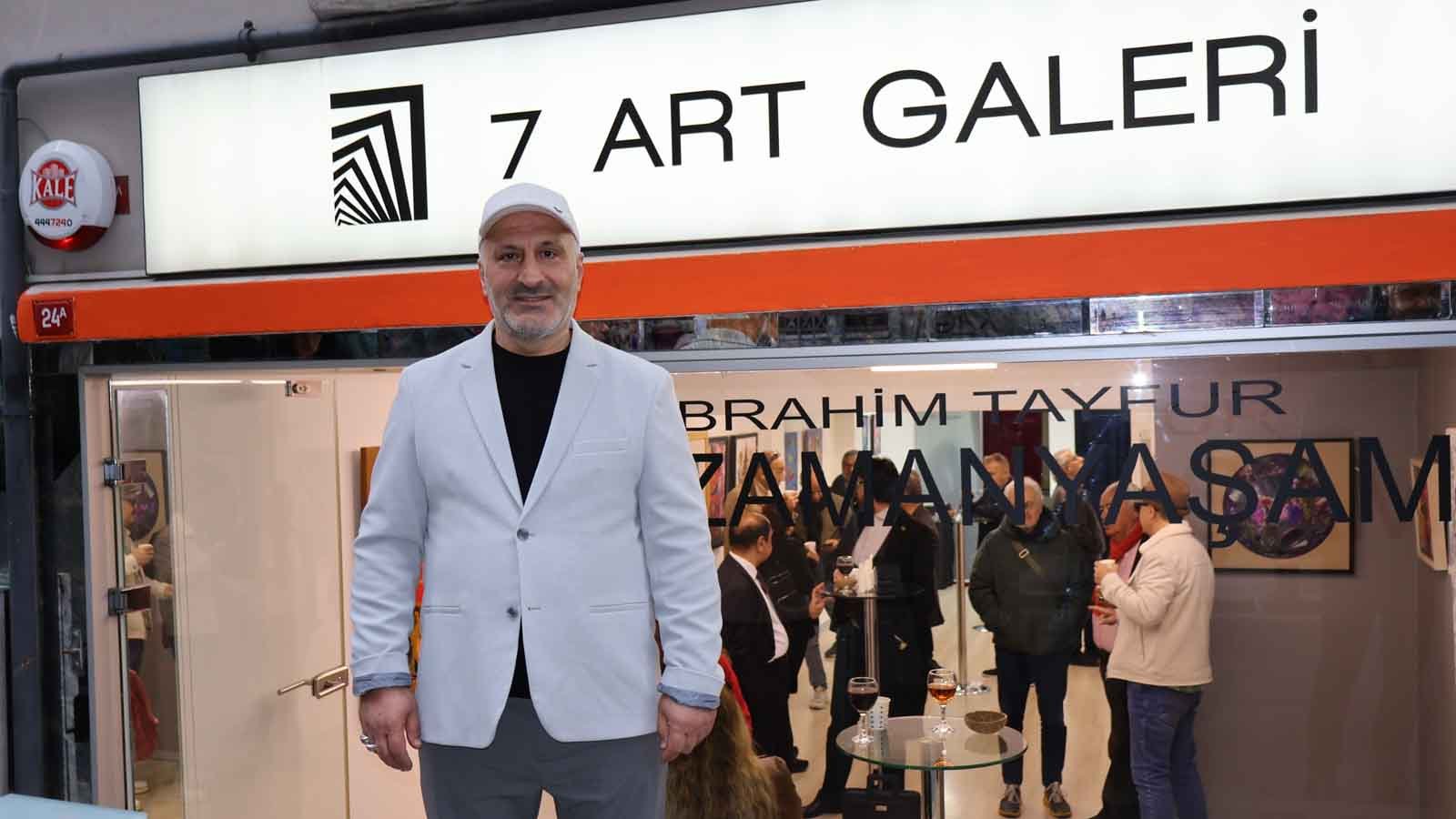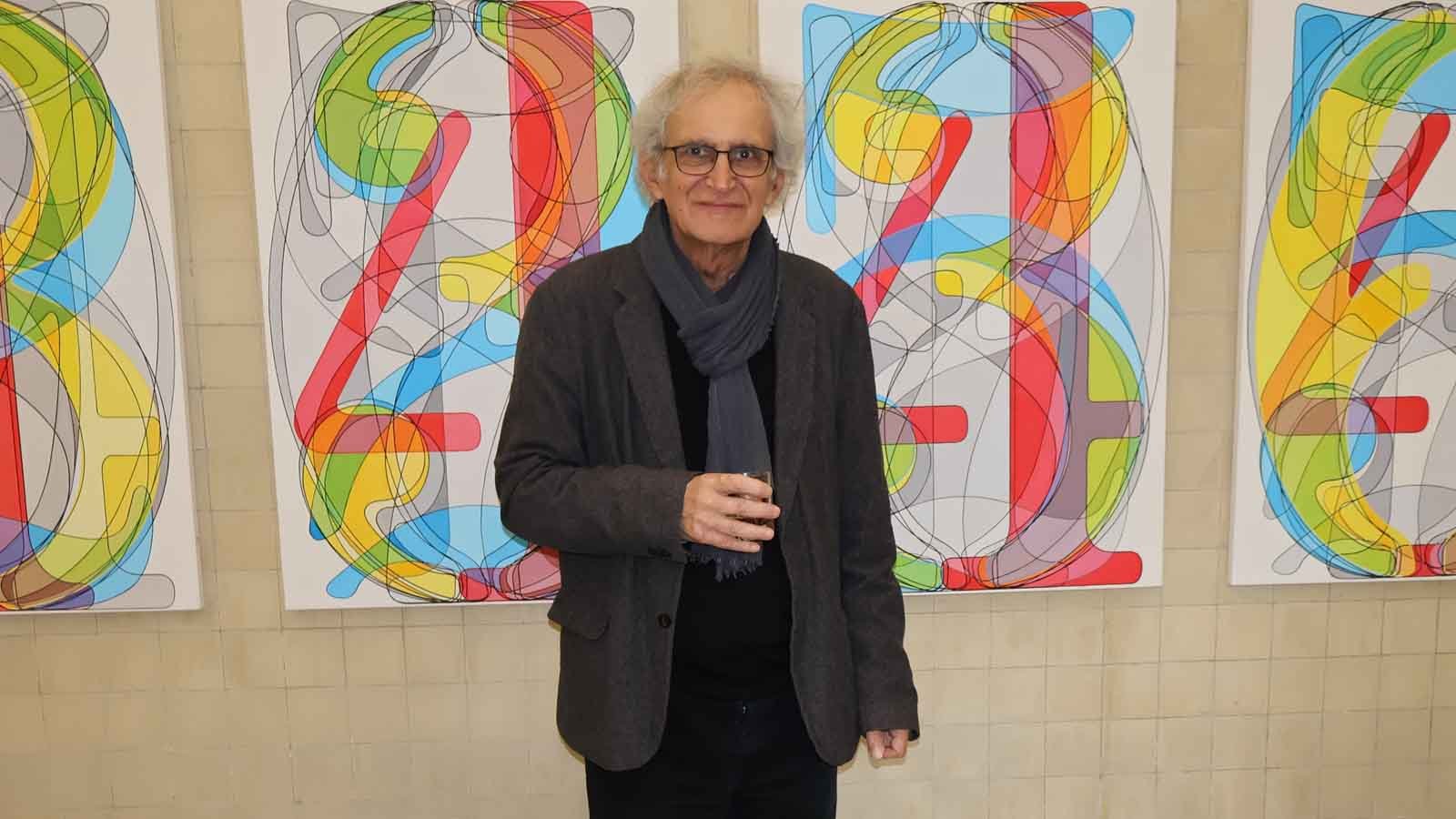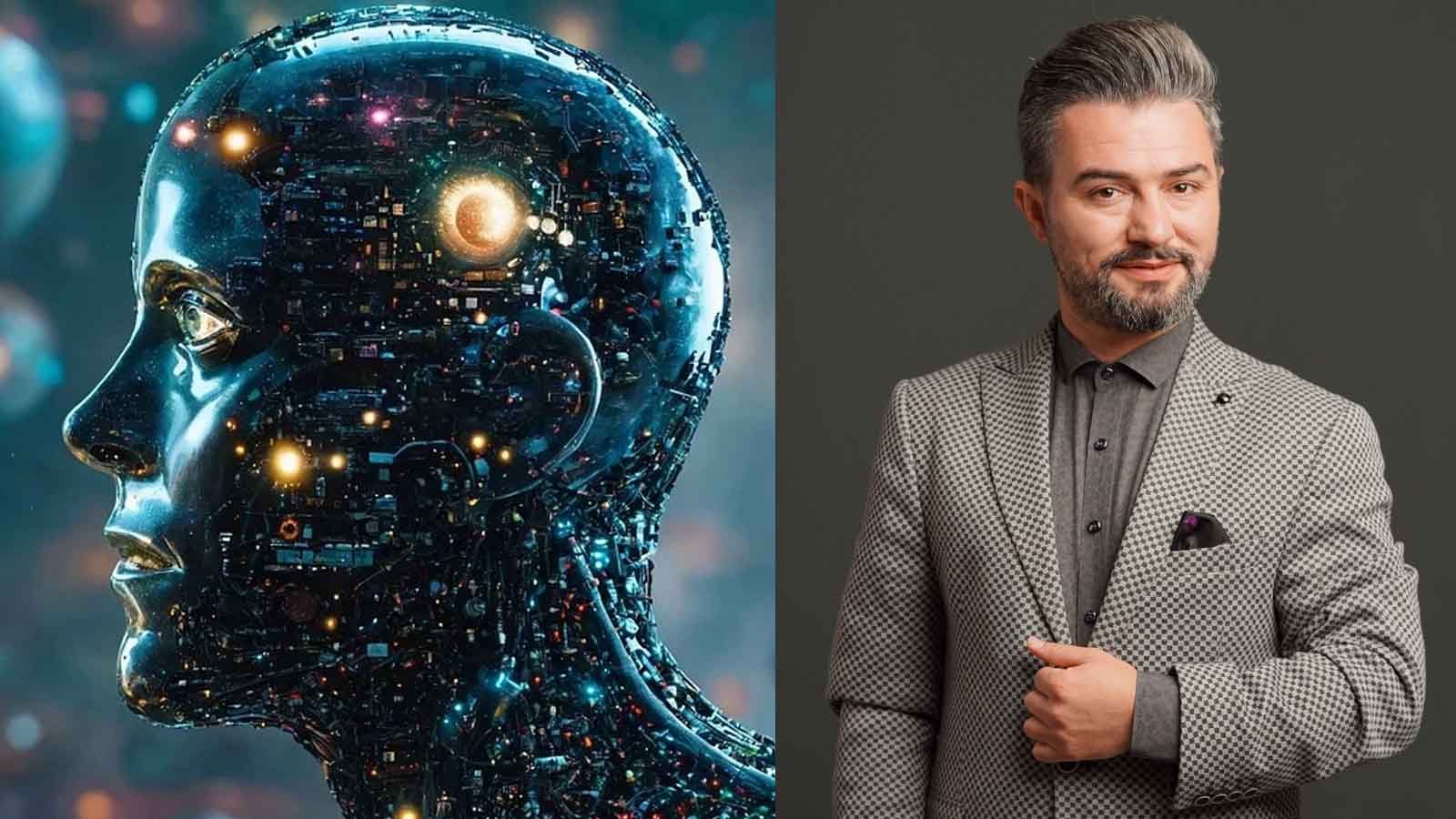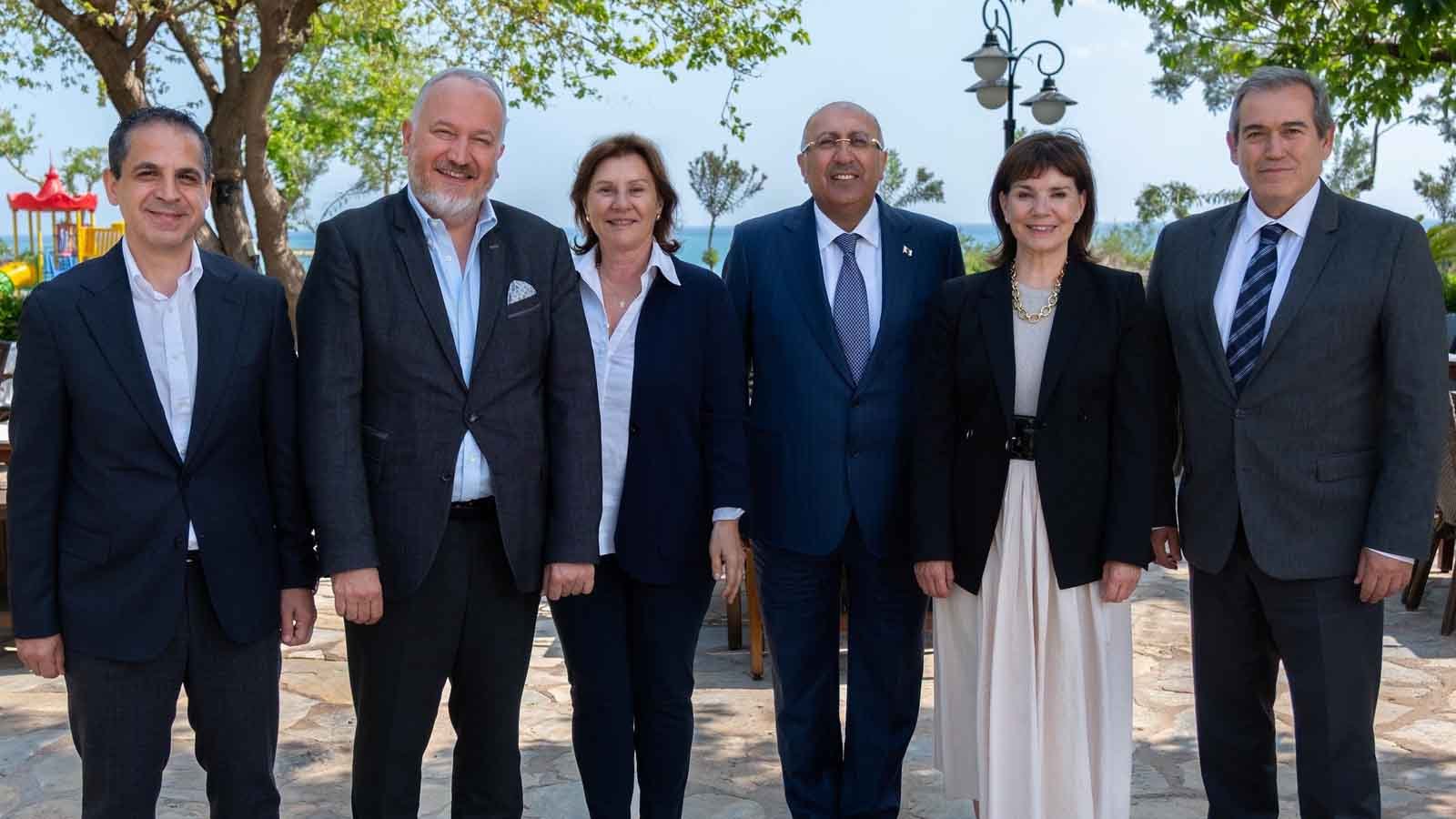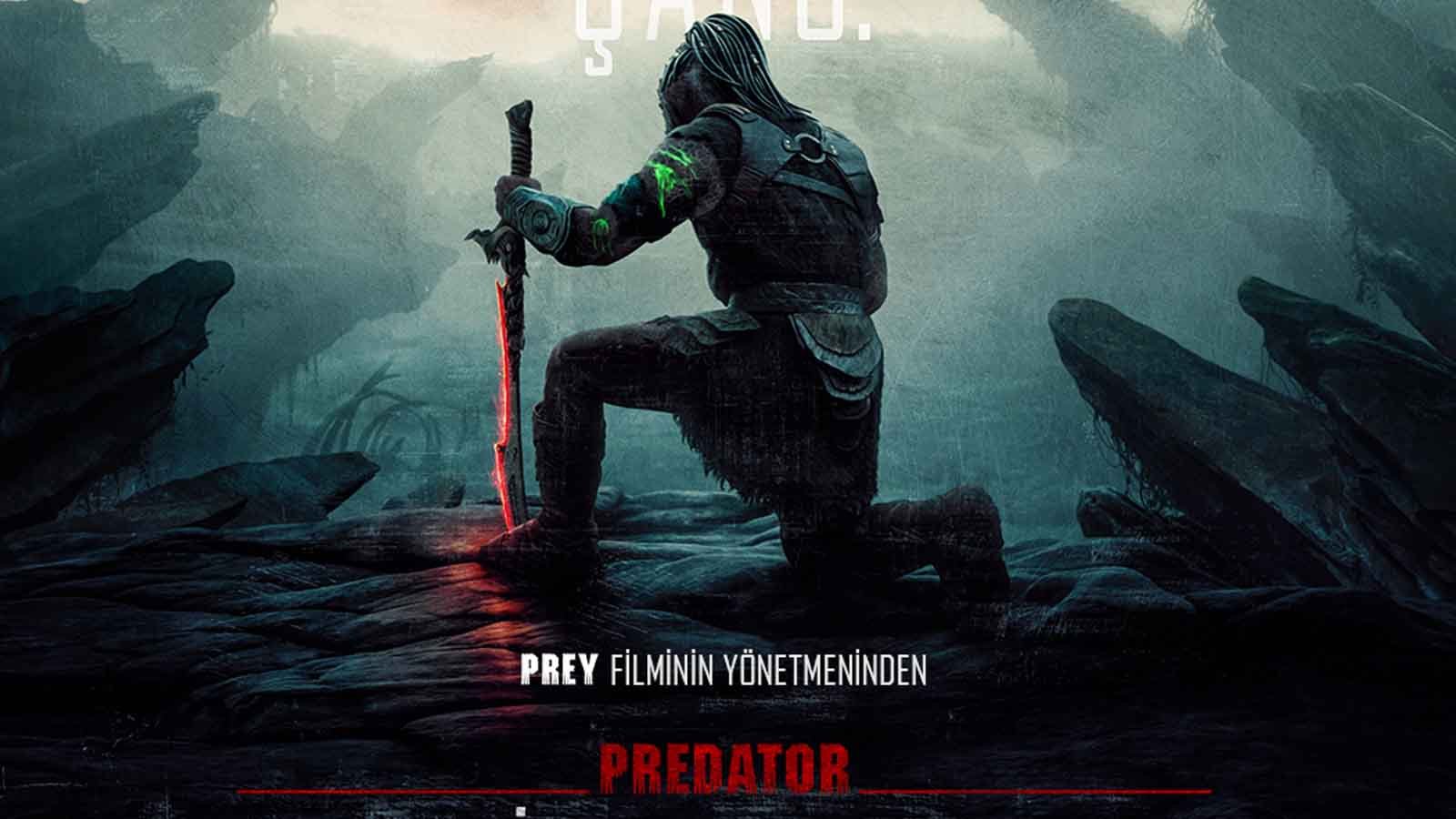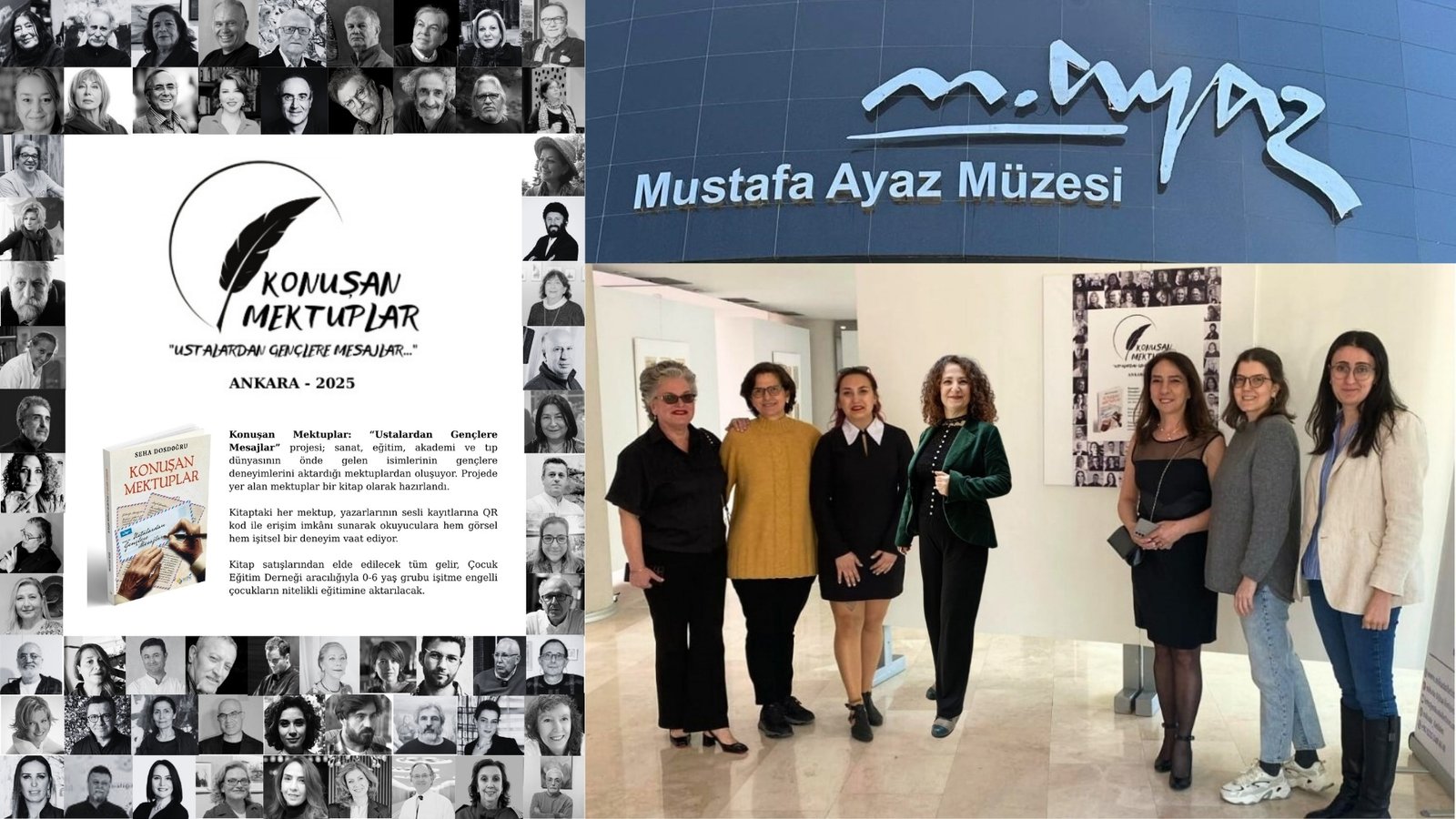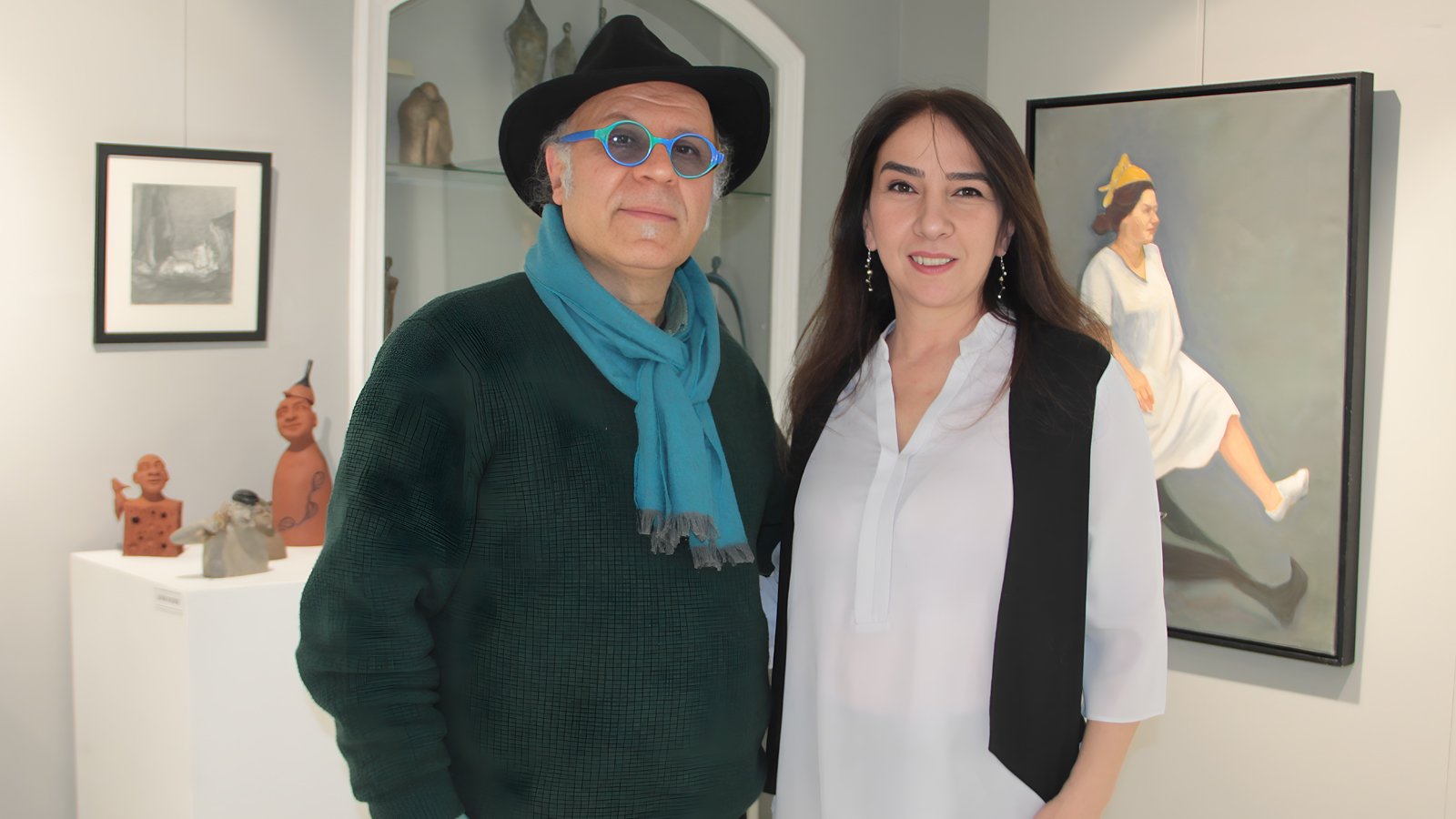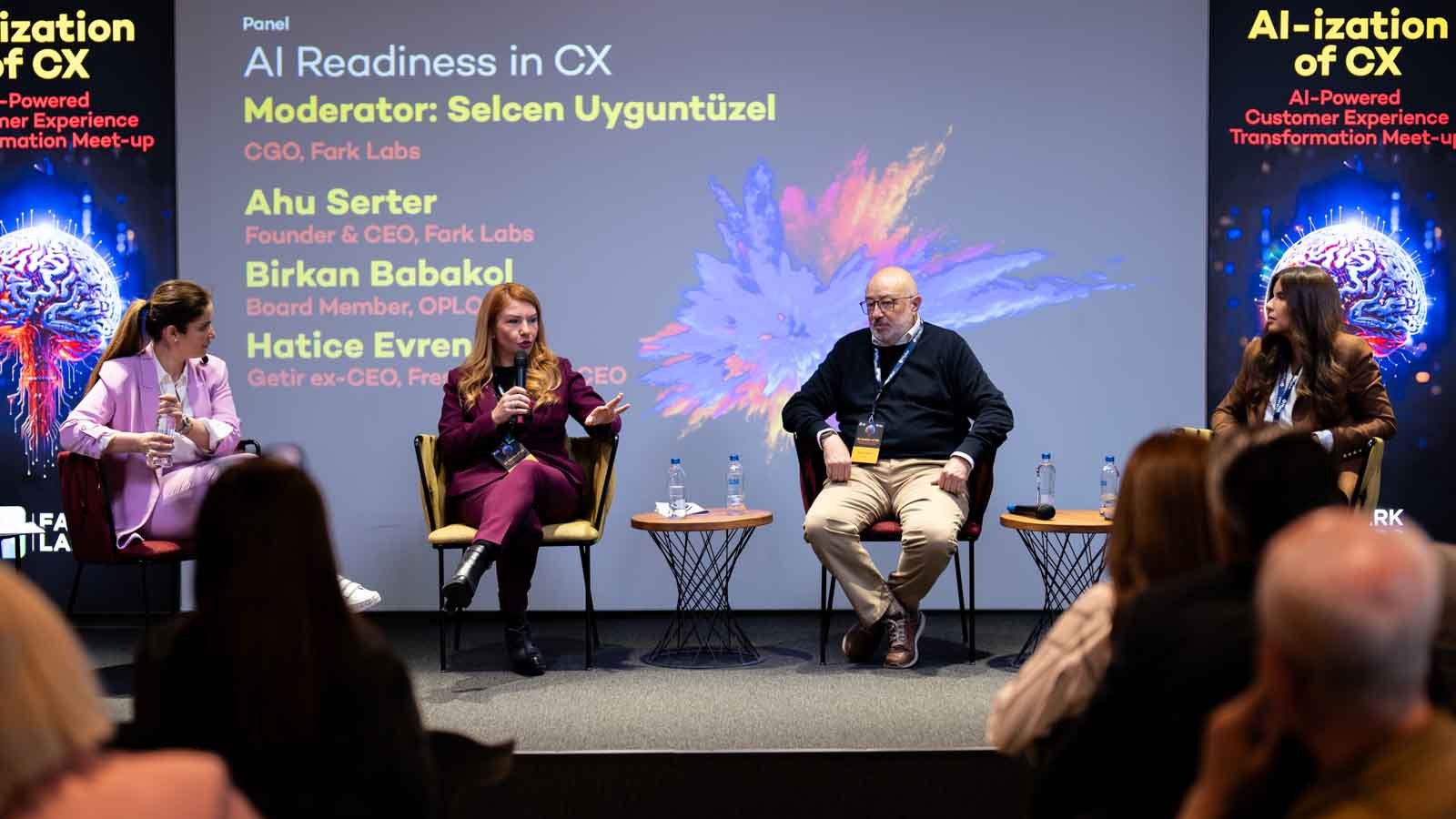As our lives become more digitalized, achieving balance becomes increasingly difficult. Drawing inspiration from this reality, Tuğba Şengül Lik focuses on creating content that raises awareness about digital balance through YouTube and Instagram under the name @dijitaldenge. With the establishment of the Digital Balance Association in 2018, she carries out activities aimed at increasing awareness on this subject. We spoke with Tuğba Şengül Lik, author of the book “Biz de Aslen Buralı Değiliz: Bir Dijitalzedenin Dengeyi Bulma Rehberi” (We Aren’t Actually From Here: A Digital Addict’s Guide to Finding Balance), about the steps necessary to achieve digital balance.
Interview: Özge Zeki
We are here with Tuğba Şengül Lik, who creates content raising awareness and providing benefits regarding digital balance. Ms. Tuğba focuses equally on both the pros and cons of the digital world. She has been working in a managerial position in the telecommunications industry for many years. Like with everything, she recognizes that technology has both benefits and harmful aspects and has made it her mission to raise awareness on this issue. In this regard, she founded the Digital Balance Association in 2018, which conducts activities to raise awareness about this topic. The association mainly focuses on education for children, as they often struggle to find digital balance with their phones, which can lead to bigger issues in the future. Through content aimed at parents, she provides guidance on achieving digital balance.
In today’s world, we are constantly on the move with our smartphones. Our screen time is increasing, and we are finding it harder to achieve digital balance. However, in today’s world, achieving digital balance can be a source of happiness. What would you say about this? Are you happy?
Actually, I feel happy whenever I achieve balance, not just in the digital world, but in every period of my life. Since we all spend about seven hours a day on digital devices, we struggle to find balance, but when we achieve it, we feel happy both mentally and physically. In this era of rapid change, everyone offers a happiness formula. All personal development books are focused on happiness. Regarding digital balance, if you balance your consumption with production, your chances of achieving happiness significantly increase. I believe I have achieved this balance over the past 3-4 years by making conscious choices. There’s a quote by Paracelsus, the chemist: “Everything is poison; the dose makes the poison.” My awareness opened up at this point. Even if you overeat, you’ll face problems. Even reading a book excessively isn’t ideal, right? If you read for 8 hours a day, it will have negative effects, or if you watch series for long hours, that too has its negative consequences. I believe that if we achieve balance in every area, we will also find happiness. Happiness is something we are constantly chasing. When we reach it, we try to chase it again, but I would say that we become more peaceful because balance brings calmness.
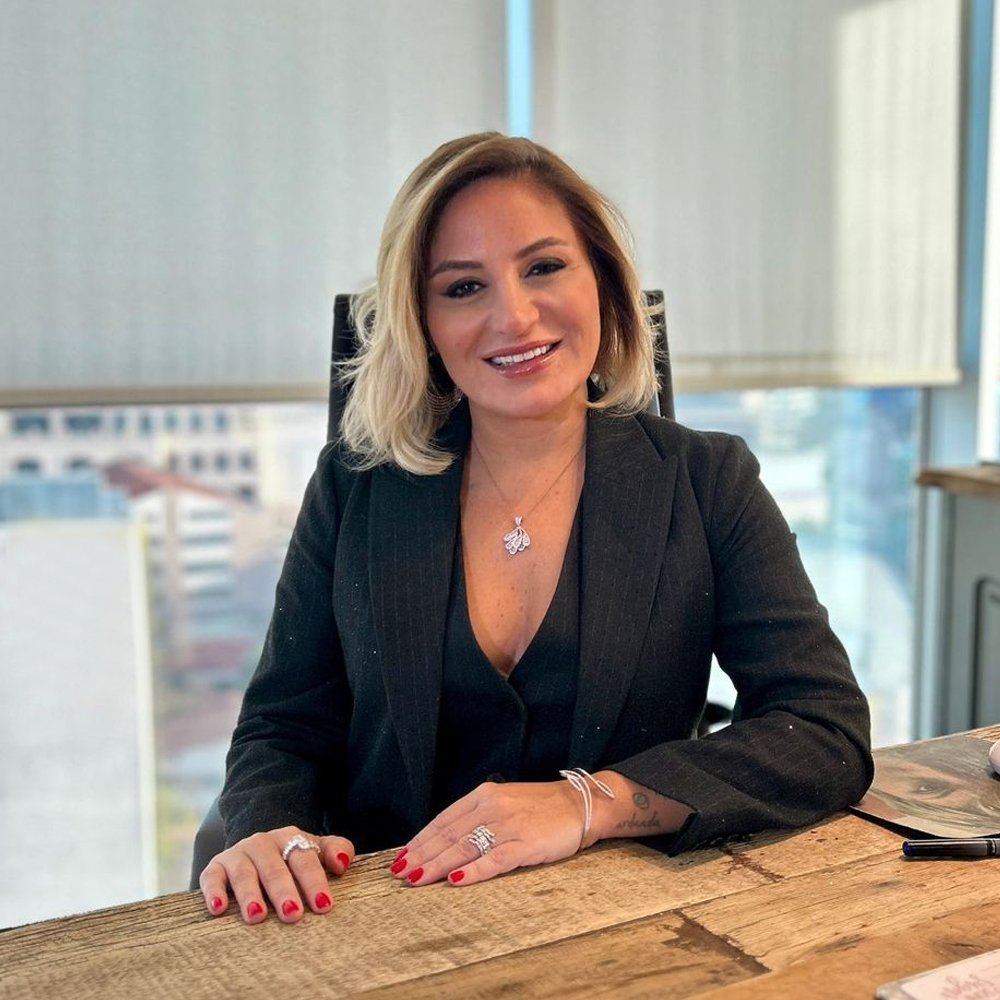
In your book and the content you’ve created, there is a concept you frequently refer to: Dijitalzede. Who is a Dijitalzede?
According to recent research, we spend about seven hours a day online. Three of those hours are spent on digital platforms and social media. We sometimes say, “I’ll just check Instagram for 10 minutes,” but then we end up consuming content for hours. Unfortunately, we don’t even realize what content we’re consuming. In fact, we’re really exhausted. Engineers in Silicon Valley use so many different techniques to keep us engaged, and we get drawn in. As humans, we’re vulnerable, we get caught up in it. Dijitalzede is a term that reflects the unconscious hours spent that end up consuming us. As I mentioned, we all struggle with focus now. We’ve all started gaining weight, we don’t feel like moving. Naturally, the endorphin hormones released in front of screens don’t make us want to exercise, because we tend to take the easier route. Yes, we get bored in the middle of a book. In my view, the most valuable currency of this era is attention and concentration. Right now, we are essentially asking for that from viewers. Therefore, we try to explain everything quickly. We are in an age of speed. Unfortunately, the negative effects of this have turned us into digital zombies. But I keep saying, and said it when I founded the association and in my professional life, that rejecting the presence of technology is not something I want. Technology will continue to be a part of our lives. It offers us infinite benefits, but only if we use it consciously, or if we ensure that we control it instead of it controlling us. If we become the master of it, I say, then everything will be wonderful, technology will make life more efficient and easy. The situation is the same for our children and for us. Rejecting technology, banning it, or using it as a reward-punishment system is unfortunately meaningless for children born into this digital world. This reward-punishment system could distance us from them even more. The important thing is for parents to learn about this issue. My goal is to raise awareness about how to strengthen communication with our children through technology, how to guide them properly, and how we can become conscious digital parents.
The Digital Balance Association is very active in this regard. You provide training on this topic, especially in schools. What are you doing?
My awareness actually came this way: I am a new generation mother with two children, and they are part of Generation Z. In fact, I live with this Z generation at home. One day, when my son was 9 years old, he wanted to go to the corner shop. Although it was as close as the backyard, I didn’t let him go, saying it wasn’t safe. He responded, “I’ll go to my room and get on the internet because it’s a much safer place. I’m free there, no one interferes with me. Look, you won’t even let me go to the shop.” That’s when I realized the impact of the digital world. Why would this child prefer real life when in the digital world, he can build his own army, win battles, create his own identity, and get instant likes and applause? At school, he needs 12 months to move from 1st to 2nd grade, but in a game, he can level up in 5 minutes. Life is really hard. Yes, it offers short-term pleasures, and that makes him happier. As I said before, I don’t reject this life, but I sat down to think about how to balance the digital world and real world, and my awareness grew. Both as a parent and a professional in the telecommunication industry, I observe this very clearly. As a parent, I had to do something—I needed to guide the conscious use of technology. That’s where my awareness came from. Kids work with a copy-paste system. This is the feature of the new generation—they do what they see in you. Therefore, you need to be a good role model. Banning tablets doesn’t solve the issue. I try to share what I learn in schools and institutions. We are the pioneers, children copy us, they model us. I say, let’s be conscious digital parents.
As Dijital Denge Association, you also offer training for institutions. Of course, digital balance is important in working life. What can you tell us about that?
We offer training primarily to companies. When digital balance is not achieved in institutions, you see that productivity drops. Why? Late working hours, screens, the blue light disrupting sleep patterns, waking up angry in the morning—all these reduce productivity and decrease performance. In fact, the inefficiency cost to the company can be much higher than imagined. But when employees achieve balance in their lives, it reflects on the institution and performance. That’s why we provide these types of training.
So, what should we do to achieve digital balance? How do you achieve balance in your own life? What does a typical day look like for you?
I have scheduled times. When I get home from work, during the time I spend with my children and family, and especially during meals, we do not have screens at the table. At least for half an hour, we don’t touch our phones or let screens interrupt our conversations. The world keeps spinning. After dinner, I spend about half an hour on social media, watching quality content and educating myself. I also work on improving my English and learning Italian through social media. The kids also have their own time for screen use. When it’s close to my bedtime, I stop using screens at least 30 minutes before going to sleep. I grab my book and read it. Because the blue screen really makes your brain think it’s still daytime. Yes, we also have the habit of checking our phones before bed and as soon as we wake up. For me, the first habit I gained for digital balance was to not check my phone before going to sleep or after waking up. This has worked very well and productively for me. In the morning, I wake up, and since my mind is clear, I focus on what I need to do at that moment, without being interrupted by the screen.

Your content on YouTube and Instagram under the name @dijitaldenge is drawing attention for raising awareness about digital balance. How do you determine your topics, and who are your main viewers?
Yes, on social media, I am mostly followed by professional workers and parents. Currently, topics such as generational issues, digital bullying, and digital addiction are gaining a lot of attention. Digital citizenship and digital literacy are also drawing a lot of interest. Relationships are something that really catches my attention as well. Relationships now begin, continue, and end in the digital world. No one even ends their relationships face-to-face anymore. Okay, we live our love and relationships digitally, but at least let’s live it properly. Content where we give tips through conversations with experts on these topics also attracts a lot of attention.
Your first book, “Biz de Aslen Buralı Değiliz: Bir Dijitalzedenin Dengeyi Bulma Rehberi”, consisted of articles and writings reflecting your impressions on these topics. Your new book is coming soon—what can we expect to read in it?
My first book described digital nomadism after the pandemic. It discussed the differences we observed when we first encountered the digital world and the things we learned during that process. I said, “We’re not originally from here,” meaning we weren’t born in the digital world, but we are trying to adapt to it. Now, my new book is coming out soon. In this book, I discuss the digital habits we developed after the pandemic and the process of evolving from homo sapiens to homo digitus. I talk about the problems the new generation faces, how we can turn these challenges into positives, the challenges we’ll face in the future, and the experiences in this transformation.
The book is a collection of short articles, offering an enjoyable reading experience. As I said, I am not a professional writer; I am just a social entrepreneur who is curious about learning and knowledge. I love sharing what I’ve learned with others. I believe that sharing knowledge is incredibly valuable. I will continue to learn and, as I do, I’ll keep sharing it through my writings, my YouTube channel, trainings, and, of course, books.
I truly believe that when one person changes, slowly everyone starts changing. Especially if the youth changes, Turkey’s future will change as well. That’s why I consider this process very important.



















